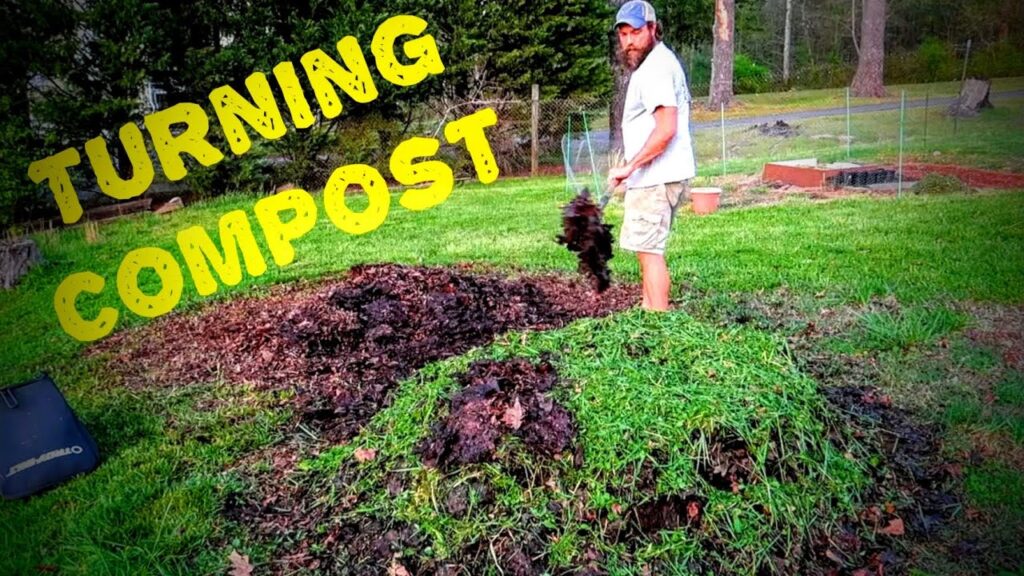Contents
Why Should You Turn Over Your Compost?
Compost turning is an essential part of composting. It is necessary to ensure that the compost pile heats up and decomposes at the right speed. Turning a compost pile also helps to dry out the moist, wet ingredients in a compost pile.
A compost pile should be turned about once every two weeks for optimal decomposition results. However, it is not necessary to turn over a compost pile every time you add new material. It is best to turn over a compost pile when it has reached about three feet in height and has been sitting for about six months or more.
Compost turning is the process of mixing together the contents of a compost pile.
Compost is a great way to recycle food and yard waste into a nutrient-rich soil amendment that can be used in gardens. Composting is the natural process of decomposing organic matter into humus, which ultimately produces compost. Turning over compost can help it break down faster and produce more quality compost.
Compost is a great way to turn your food scraps into nutrient-rich soil. However, turning compost is not always easy. It can be time-consuming and messy to turn over a compost pile.
Compost needs to be turned because it develops anaerobic pockets that degrade the quality of the composting process. Turning also helps keep the pile from getting too wet or dry and encourages aerobic decomposition which produces heat and speeds up the process.
If you want your compost pile to break down quickly, then it needs to be turned often!
What is the Best Way to Turn Over Your Compost Pile?
One way to turn over a compost pile is to use a pitchfork. This involves poking the compost, flipping it over and then repeating the process. A second option is to use a garden fork, which can be used in much the same way as the pitchfork.
The best way to turn over your compost pile is by using an aerated tumbler. This allows for air circulation and will help with decomposition.
Composting is a great way to reduce the amount of waste you produce. The process of composting happens in layers, and for it to be successful you need to turn it over every few weeks.
There are many ways you can turn over your compost pile, but the best way is to start at one end and work your way around the pile until you have reached the other end. You should do this every few weeks or so depending on how often you add new scraps to your compost bin.
How Often Should You Turn Over Your Compost Pile?
Composting is an environmentally friendly way to dispose of organic waste. It also reduces the need for landfills and saves money on garbage disposal fees.
A compost pile should be turned over every few days, depending on how often it’s used and the size of the pile. Larger piles will require more frequent turning while smaller piles can go longer.
Composting is a natural process that can reduce the amount of waste you produce and help your garden thrive. You may be wondering how often you should turn over your compost pile.
Some people only turn their compost pile once a year, but this is not the best way to get the most out of it. Turning over your compost pile regularly can help break down organic matter, make sure everything is mixed together, and increase air flow which will speed up decomposition.
The key to success with composting is turning it over on a regular basis. If you don’t turn it over regularly, there’s a good chance that anaerobic bacteria will take hold and cause unpleasant smells to emanate from the pile.
Composting is a great way to reduce the amount of waste that your household produces. Turning over your compost pile is a crucial step in this process.
In order to maintain the right balance of moisture and heat, you should turn over your compost pile every few days. If it is too dry or too wet, this can cause problems with the decomposition process and reduce the quality of the final product.


